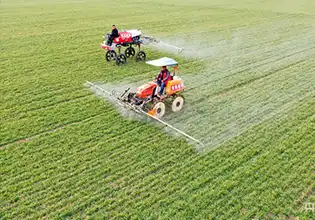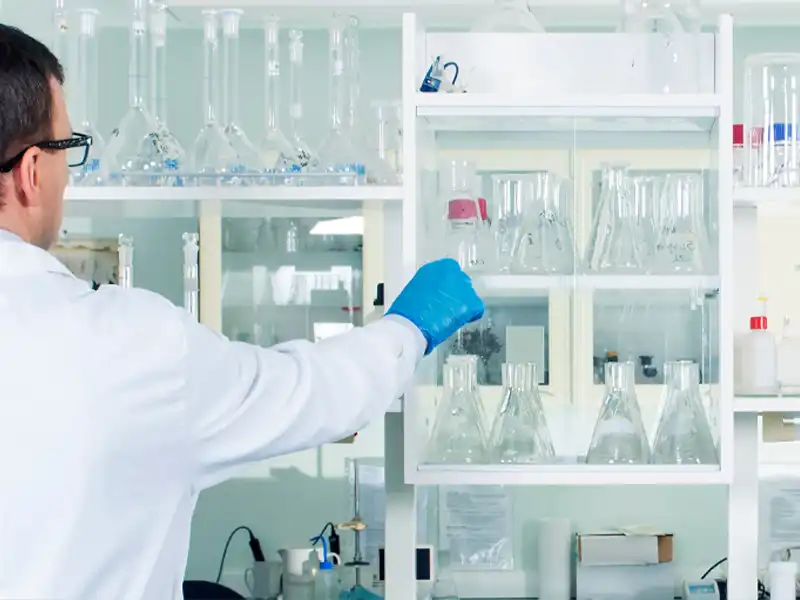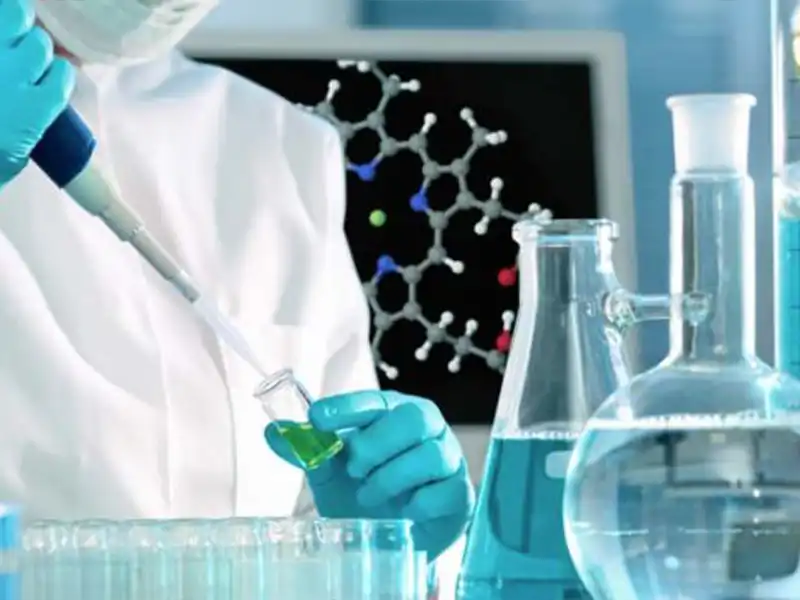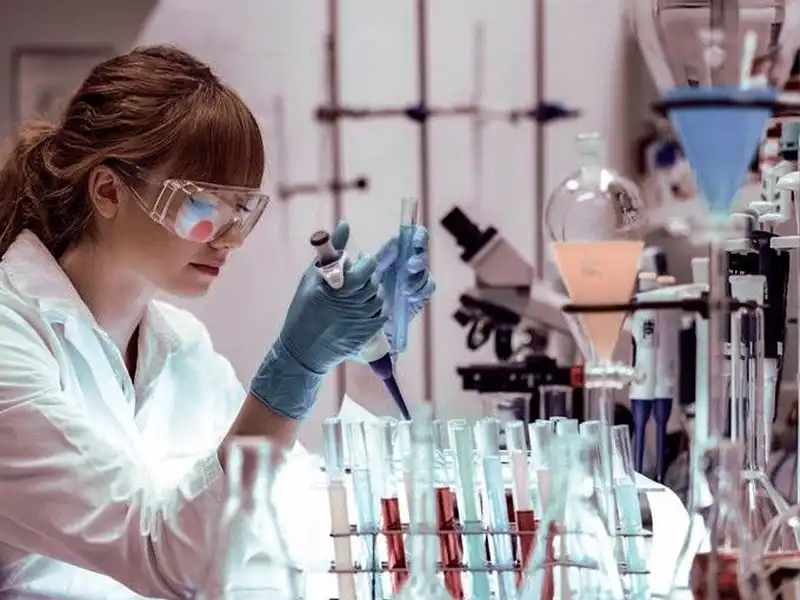Silicone has become an essential synergistic agent in agricultural production due to its many beneficial properties. When combined with corresponding pesticides, it can significantly improve the utilization rate of pesticides, leading to more effective pest control and disease prevention.
One of the most significant advantages of silicone is its ability to lower surface tension, which leads to stronger diffusion and spreading properties. This allows for better coverage of the target area and more effective penetration of the pesticide into the plant or pest. Additionally, silicone has excellent adhesion and permeability properties, which means that it can stick to the target area and penetrate it more easily. This is particularly important in situations where the surface of the plant or pest is difficult to wet or penetrate.
Silicone also has excellent temperature resistance and can withstand exposure to harsh environmental conditions, such as extreme heat or cold. It is also resistant to rainwater erosion, making it an ideal additive for use in outdoor agriculture.
Moreover, silicone can be used in combination with a vast majority of fungicides, insecticides, herbicides, plant growth regulators, and foliar fertilizers on the market. This versatility makes it an essential ingredient in many different types of agricultural applications.
In addition, the surface of organic silicon has super strong expansion function, making the coverage area of the medicine wider and more uniform. This means that the amount of medicine absorbed or infiltrated on the surface of leaves and insects is larger, resulting in a more significant prevention and control effect.
By using silicone as an additive in agricultural production, farmers can reduce the frequency and cost of medication. On average, silicone can save up to 30% in terms of medication and up to 50% in terms of water consumption. This not only saves money but also helps to reduce the environmental impact of agriculture.
Overall, silicone is an essential tool for modern agricultural production. Its many beneficial properties make it an effective synergistic agent for a wide range of pesticides, helping to improve their effectiveness and reduce costs.











